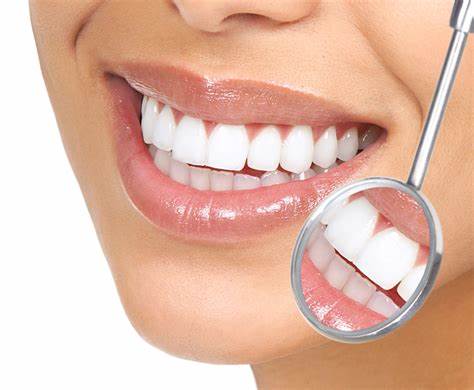Dental care: Why are you going to the dentist now?

1. Wrong tooth
Most of us have enough teeth in our mouths as we grow up, and we think it's a normal thing, even if they overlap each other. The dentist will help you find corrective measures to help your teeth have the best teeth you never thought of.
Most people have tartar (a scale formed on the teeth and gums) that forms beneath the teeth and near the gums. They contain large amounts of microorganisms that later affect oral health. The dentist will notice the tartar and perform so-called scraping and polishing to eliminate every trace of tartar before it reaches its stage of deterioration.
The dentist will help you clear the food residue hidden between the teeth. The food debris hidden in the teeth includes the residue of meat, fish, and vegetables, which rot continuously between the teeth. You don't have to wait until it rots, destroy your oral health, go to the dentist, and the dentist will help you with a waxy floss.
The dentist will notice all the factors that may cause chronic illness and treat it before it leaves the primary phase. It is recommended to see the dentist at least once every three months. Busy is no longer an excuse, so take time out to see the dentist in those three months.
4. Place a filler or apply an anesthetic
Filling or repairing is used to fill the cavities caused by tooth decay. Your dentist will not remove the tooth after the tooth decay, but will help you check for possible solutions so that you can relieve the pain as soon as possible. If the teeth don't rot to a bad degree, they can be filled with fillers. If the teeth are not in good condition, they can be removed.
YOU MAY ALSO LIKE







